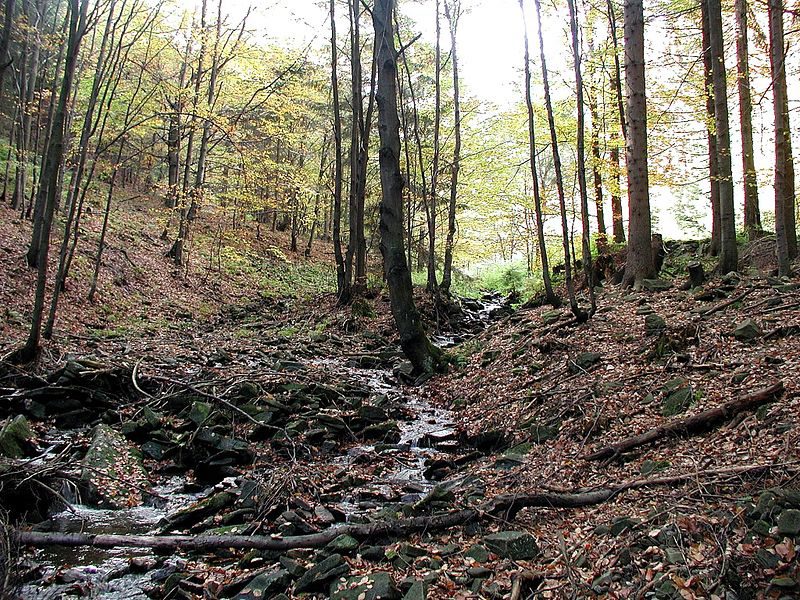
If I had a nickel for every time I forgot to recycle, I would approach Richard Branson status.
But even Branson himself, the billionaire founder of Virgin Group, has taken the initiative to promote more responsible behavior when it comes to our planet, a move that Wharton-sponsored research says could bring in more than a few nickels.
Branson, along with Jochen Zeitz, the director of the luxury-brand group Kering, launched a nonprofit project last week called the “B Team”, Its purpose is to encourage business executives to recognize the importance of improving the condition of the planet while maximizing profits. According to Wharton professor Witold Henisz, the two goals may no longer be mutually exclusive.
Henisz posited in a recent study that external relations make all the difference in terms of differing valuations between firms. And, of course, when it comes to external relations, what could please investors more than knowing their partners understand vulnerabilities like natural disasters, contagious diseases, political unrest, and environmental deterioration? By resolving to combat these issues, businesses assuage investors’ worries and lull them into a confident, generous state of mind.
Additionally, companies that embrace social responsibility tend to achieve extraordinary brand strength. Companies like Procter and Gamble, that provide millions of dollars in disaster relief, and Honda, which has undergone massive green technology overhauls, have seen dramatic profit increases in the last few years alone. This phenomenon appears to stem from a trend that award-winning Wharton professor Adam Grant discusses in his new book, Give and Take: A Revolutionary Approach to Success. According to Grant, companies that choose not to give back to society can still thrive, but when givers succeed, their success tends to “spread and cascade,” leading to much greater windfalls.
A few weeks ago, at a Mack Institute conference in San Francisco entitled “How Mobile and Social Are Transforming Innovation Models: Flipping the Paradigm?” Mack Institute co-director Harbir Singh examined this phenomenon and applied it to what he calls the business “ecosystem.” A business’s ecosystem is ripe with resources, he said, but “it will die if all you do is extract value from it.” Businesses must feed their ecosystems to survive. The Mack Institute has taken this idea to the research frontier, testing the limits of the give-and-take model and exploring what it takes to succeed in an innovative economy.



